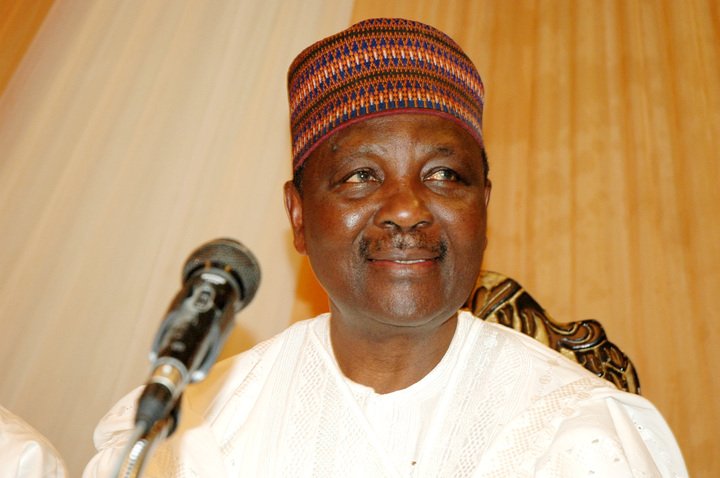In a bold step towards combating tuberculosis (TB) and HIV/AIDS, Nigeria has reaffirmed its commitment to advancing healthcare through innovative financing, global partnerships, and a robust domestic agenda.
Coordinating Minister of Health and Social Welfare, Prof. Muhammad Ali Pate, shared these updates in his weekly briefing highlighting the nation’s progress and challenges in tackling these diseases.
Speaking on Nigeria’s growing role in the fight against TB, Prof. Pate lauded First Lady Senator Oluremi Tinubu’s efforts as a “Global and National StopTB Champion,” describing her leadership as a “beacon of hope” for galvanizing public and private sectors.
He noted the catalytic impact of a ₦1 billion seed donation from the Renewed Hope Foundation, which has driven new initiatives to reduce TB’s burden.
“Guided by the pragmatic vision of His Excellency, President Bola Ahmed Tinubu, our efforts prioritize health as a unifying force for prosperity and recovery,” Prof. Pate stated. He highlighted Nigeria’s significant progress, including identifying 370,000 TB cases in 2023—marking the highest-ever detection rate in the country.
Technological advancements have played a key role in this fight, with the number of GeneXpert machines for TB diagnosis increasing from 1,032 in 2012 to over 5,100 today. Mobile X-ray machines and integrated TB-HIV services have further boosted detection and treatment outcomes. However, Prof. Pate stressed the need for sustainable resourcing, announcing a private sector-led TB initiative aimed at raising $25 million from industrial leaders.
“We are fostering accountability, mobilizing domestic resources, and aligning with global best practices,” he explained. “For every $1 invested in TB programs, it’s estimated that $43 of societal benefits is generated through reduced healthcare costs, improved productivity, and strengthened social cohesion.”
Prof. Pate also discussed Nigeria’s collaboration with a high-level U.S. delegation led by White House Global AIDS Coordinator, Dr. John Nkengasong, to enhance HIV/AIDS prevention and treatment. The meetings focused on expanding Nigeria’s prevention of mother-to-child transmission (PMTCT) programs and pediatric HIV care, building on the successes of the U.S. PEPFAR initiative.
“Nigeria continues to face a significant TB burden. This renders even more urgent our exploration of innovative financing mechanisms, including debt-for-health swaps and private sector investments, to sustain and scale crucial interventions.”
In addition to addressing immediate health challenges, Prof. Pate emphasized long-term systemic improvements. These include retraining over 53,000 frontline health workers and mobilizing $750 million through Project HOPE for primary healthcare and immunization initiatives.
“Capacity building remains at the heart of our health reforms,” Pate said.
“Our administration is unlocking the healthcare value chain by fostering domestic production of essential commodities such as test kits and medications, which will create jobs and strengthen supply chain security.” he reiterated
Acknowledging global leaders in TB eradication, Prof. Pate praised Dr. Lucica Ditiu, Executive Director of the Stop TB Partnership, and Dr. Jean Kaseya, Director-General of the Africa CDC, for their contributions. He also reaffirmed Nigeria’s commitment to regional health leadership, aligning with the Africa CDC’s vision for local vaccine and diagnostic manufacturing.
Under President Tinubu’s administration, Nigeria’s health sector is being positioned as a catalyst for economic growth and development. As Prof. Pate concluded, “The solutions to this health crisis can bring tremendous opportunity for economic empowerment and development, making health central to Nigeria’s prosperity.”











